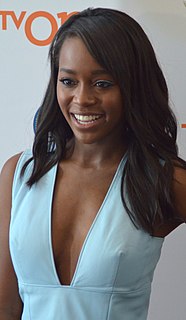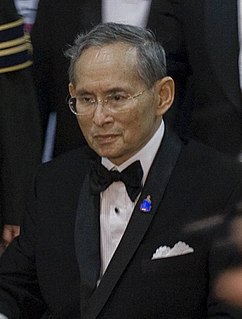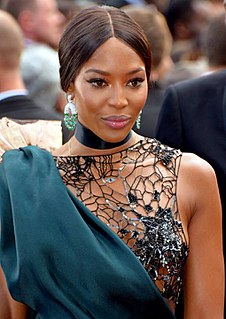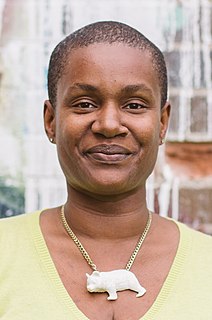A Quote by Jamaica Kincaid
People only say I’m angry because I’m black and I’m a woman.
Related Quotes
I would say I'm black because my parents said I'm black. I'm black because my mother's black. I'm black because I grew up in a family of all black people. I knew I was black because I grew up in an all-white neighborhood. And my parents, as part of their protective mechanisms that they were going to give to us, made it very clear what we were.
Anyway, these books I love, they’re all books by men—every last one of them. Because if it’s unseemly and possibly dangerous for a man to be angry, it’s totally unacceptable for a woman to be angry. I wanted to write a voice that for me, as a reader, had been missing from the chorus: the voice of an angry woman.
Whenever black women have a point, they're characterized as angry black women, and therefore the thing they're talking about is no longer of importance because they have to deal with them being overly emotional or something. I recognize that people who respond negatively to what I have to say aren't at a place yet where they are able to learn ... And it's exactly what I'm trying to fight.
When you say 'the man of the house,' the black woman has been the woman and the man of the house, because black men have so often had to spend all of their time and energy working and trying, at least, to give their families the basic needs. So black women, I find, are not really concerned about women's liberation.
You are a white. The Imperial Wizard. Now, if you don't think this is logic you can burn me on the fiery cross. This is the logic: You have the choice of spending fifteen years married to a woman, a black woman or a white woman. Fifteen years kissing and hugging and sleeping real close on hot nights. With a black, black woman or a white, white woman. The white woman is Kate Smith. And the black woman is Lena Horne. So you're not concerned with black or white anymore, are you? You are concerned with how cute or how pretty. Then let's really get basic and persecute ugly people!
I was raised in a completely black world. In those days, if a white woman married a black man, she lived as a black woman, and that was just the end of it. So, I don't have a feeling of being bi-racial. I don't have a connection to it. People often come up to me thinking I do have a connection to it, and I kind of let them down because I really don't.
While I might not have a specific experience that is fully American, there is still a knowledge, something that I logically understand as a black woman and a black woman who is existing in America and a black woman who is in the diaspora that are just known quantities that I think anyone can relate to who is black.






































